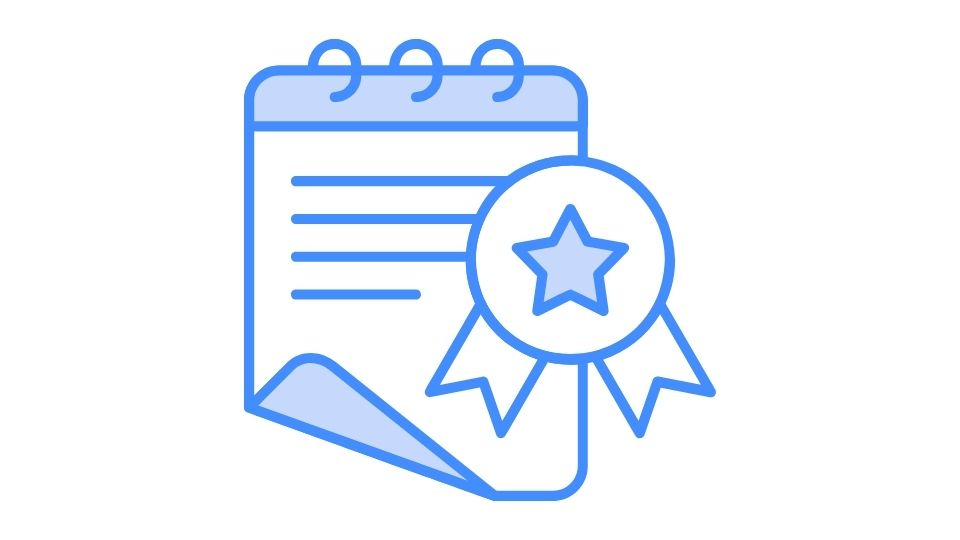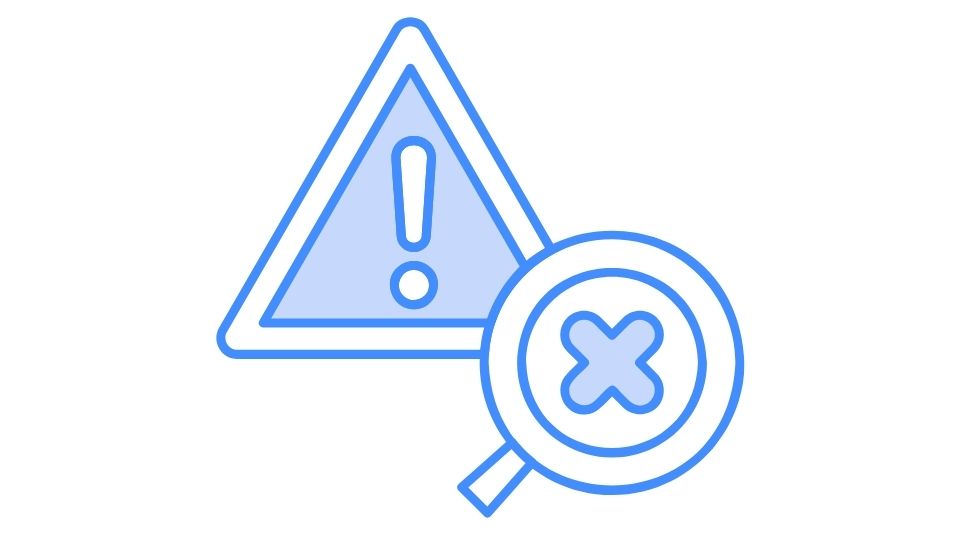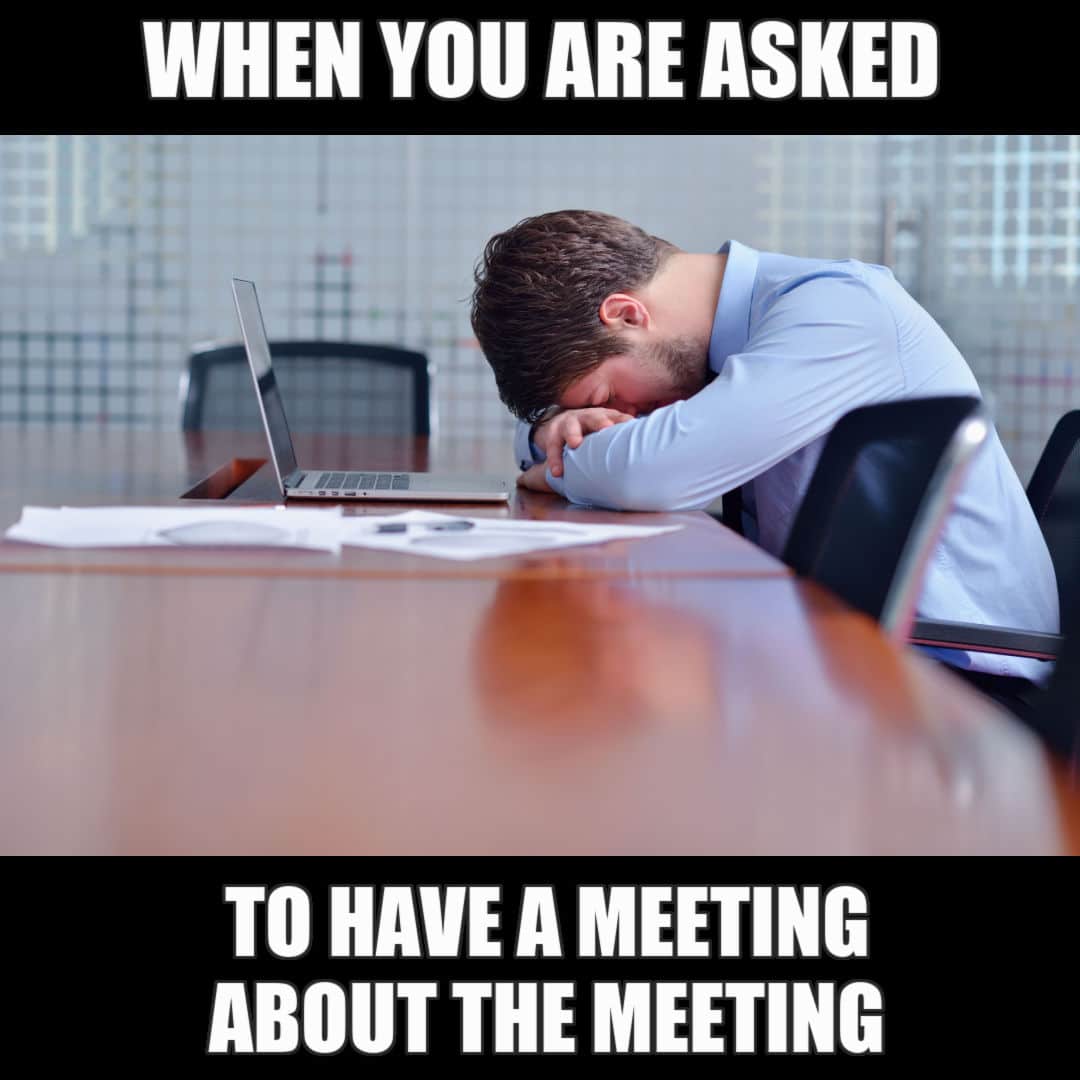How to Ask for a Mental Health Day — And Actually Get It

Let’s be honest, asking for a mental health day feels super awkward.
You rehearse what you’re going to say to your boss a dozen times in your head. What if they think you’re just being lazy? What if they ask invasive questions about your mental health? What if they say no?
I get it. I’ve been there too.
But here’s the thing – taking a mental health day isn’t a luxury, it’s a necessity. Your brain is an organ just like any other in your body, and sometimes it needs a break to function properly.
So let’s talk about how to ask for that mental health day without the awkwardness, guilt, or fear of judgment.
How to Ask for a Mental Health Day (Without the Awkwardness)
What exactly is a mental health day?

A mental health day is basically a sick day, but for your mind instead of your body. It’s a day off work specifically to rest, recharge, and take care of your psychological well-being.
And before you ask – yes, mental health days are a real thing. About 95% of HR leaders say mental health days are valid reasons for time off, according to a recent workplace survey.
Some companies even have specific policies for mental health days, while others lump them in with regular sick time or PTO.
Why would you take one? Maybe you’re:
- Feeling overwhelmed and on the edge of burnout
- Unable to focus after a personal crisis
- Experiencing anxiety that’s making work difficult
- Just mentally exhausted and need a reset
Whatever the reason, a mental health day can be the circuit breaker you need before small problems turn into bigger ones.
Before you ask for that day off
Before you shoot off that email or schedule that meeting with your boss, take a minute to prepare:
Know your company’s policies
Check if your workplace has specific guidelines around mental health days. Some progressive companies explicitly include mental health in their sick leave policies.Pick the right timing
Try not to request a mental health day right before a big deadline or when your team is swamped. If you’re already in crisis mode, that’s one thing, but if you can plan ahead, be strategic.Decide how much to share
You do NOT need to disclose your specific mental health struggles. Just like you wouldn’t describe your digestive issues when calling in sick with stomach problems, you don’t need to detail your anxiety or depression.Have a coverage plan
Think about any urgent tasks that need handling while you’re away and who might cover for you. This shows responsibility and makes it easier for your manager to say yes.
Asking for the day (with actual scripts you can use)

Option 1: The straightforward email approach
Subject: Taking a sick day tomorrow
Hi [Manager's Name],
I'm not feeling well and need to take tomorrow as a sick day to rest and recover. I'll make sure [important task] is covered by [colleague] before I leave today.
I'll be back on [return date] and will catch up on anything I've missed.
Thanks for understanding,
[Your Name]
Notice how this doesn’t even mention mental health specifically? That’s because you don’t owe anyone an explanation of what kind of “sick” you are. Mental health is health, period.
Option 2: The slightly more specific approach
If you have a supportive manager and feel comfortable being a bit more direct:
Subject: Need a mental health day
Hi [Manager's Name],
I'm finding myself really overwhelmed and need to take tomorrow to recharge my mental batteries. I believe taking this day now will help me come back more focused and productive.
I've already asked [colleague] to handle [urgent task], and I'll be checking my email briefly at the end of the day for anything urgent.
Thanks for your understanding,
[Your Name]
Option 3: The in-person conversation
If your workplace culture prefers face-to-face communication, try:
“Hi [Manager], I wanted to let you know I’m not feeling well and need to take tomorrow off to rest. I’ve already arranged for [coverage plan] while I’m out.”
If they press for details (which they shouldn’t), you can simply say: “I just need a day to recharge my mental batteries so I can come back at 100%.”
What if your boss says no?

If your request is denied, you have a few options:
Explain the impact on your work: “I understand the timing isn’t ideal, but I’m concerned that if I don’t take time to reset now, my productivity will suffer even more in the coming days.”
Propose an alternative: “Would taking half a day be possible instead? Or could I work from home tomorrow?”
Go up the chain: If your direct manager isn’t supportive, consider speaking with HR about your options, especially if you’re dealing with a diagnosed mental health condition that might qualify for accommodations under the Americans with Disabilities Act.
Remember that in some jurisdictions, mental health conditions are legally protected, and employers are required to provide reasonable accommodations. Don’t be afraid to advocate for yourself.
Making the most of your mental health day
So you’ve got your day off approved – now what? The goal is to return to work feeling refreshed, not even more drained.
Here are some ways to actually benefit from your mental health day:
- Actually disconnect from work – No checking emails every hour!
- Get outside – Nature exposure significantly reduces stress levels, according to multiple studies
- Move your body – Walk, stretch, dance in your living room
- Do something creative that has nothing to do with your job
- Connect with people who make you feel good (or enjoy solitude if that’s what you need)
- Address the root cause – If your mental health day is due to workplace issues, use some time to think about longer-term solutions
What you shouldn’t do: spend the entire day doom-scrolling social media or watching Netflix (though a little is fine!). These passive activities rarely leave us feeling truly refreshed.
Building a workplace that supports mental health

If you’re a manager reading this, congrats on caring enough to learn how to support your team! Here are some tips to create a mentally healthy workplace:
- Normalize mental health conversations by being open about your own boundaries and self-care practices
- Respect time off by not sending emails or expecting responses when people are away
- Check in regularly with team members about workload and stress levels
- Offer flexible work arrangements when possible
- Educate yourself about mental health in the workplace through resources like Mental Health America’s workplace toolkit
For organizations, implementing formal mental health policies isn’t just compassionate—it’s good business. Companies with strong mental health support see lower turnover, higher productivity, and better overall performance.
The bottom line
Your mental health matters. Full stop.
Taking a day to care for your mental wellbeing isn’t weak or unprofessional—it’s one of the most responsible things you can do for yourself and your work.
So next time you feel the pressure building to an unbearable level, remember that it’s okay to press pause. Your future self (and probably your coworkers too) will thank you for taking care of your mind before you reach complete burnout.
After all, you wouldn’t hesitate to take a sick day for the flu. Why treat your mental health any differently?

